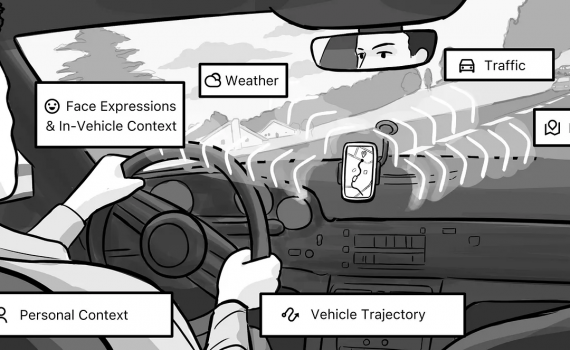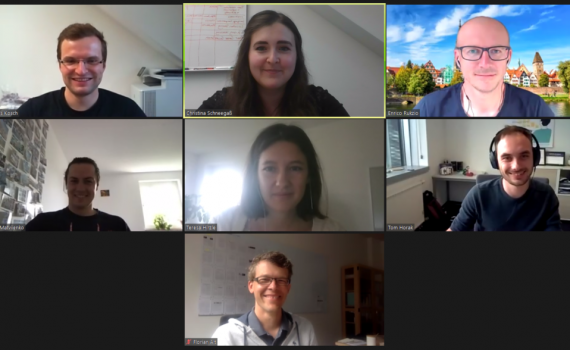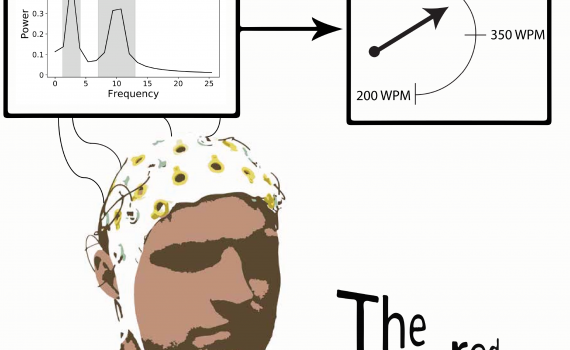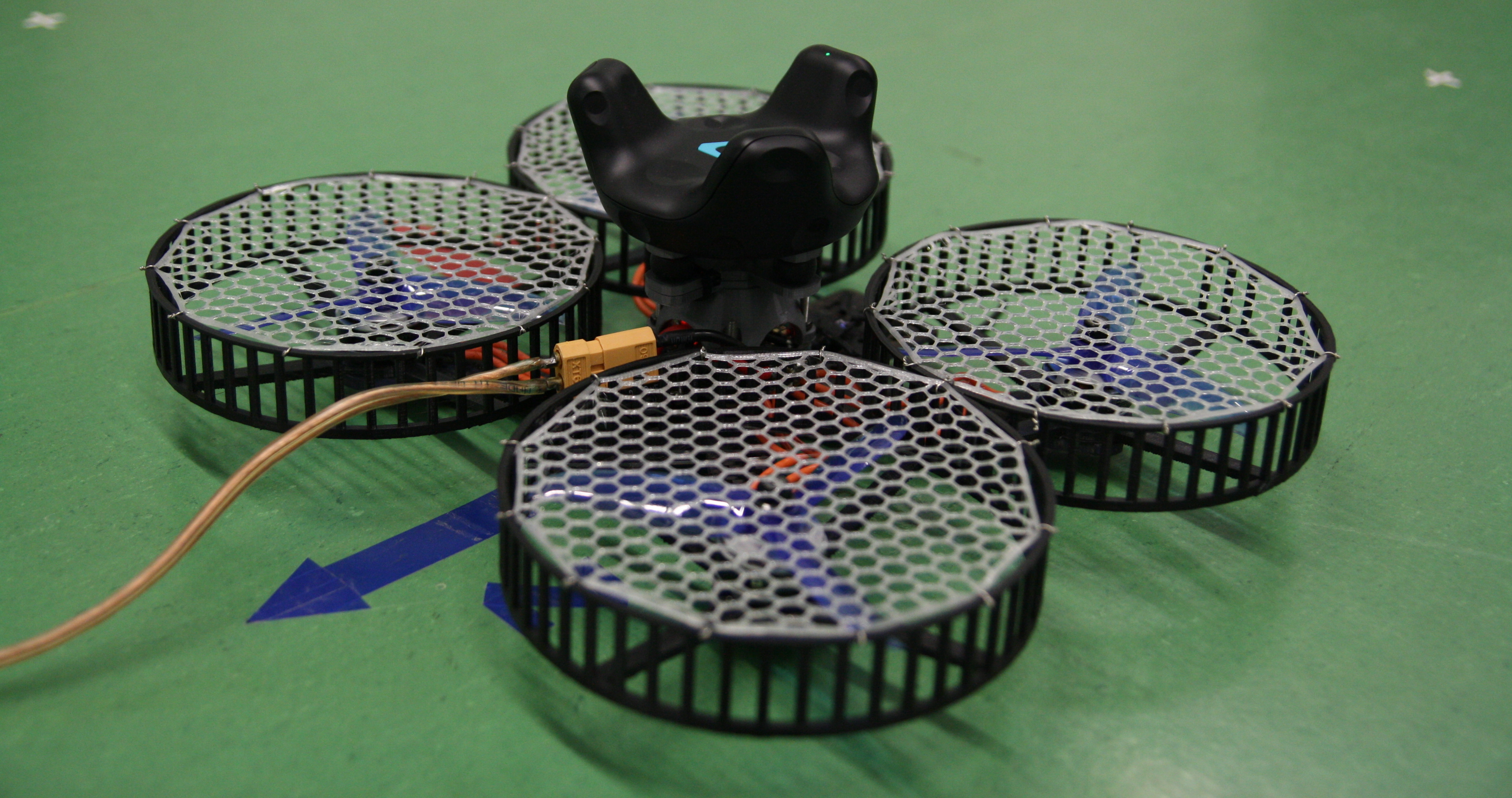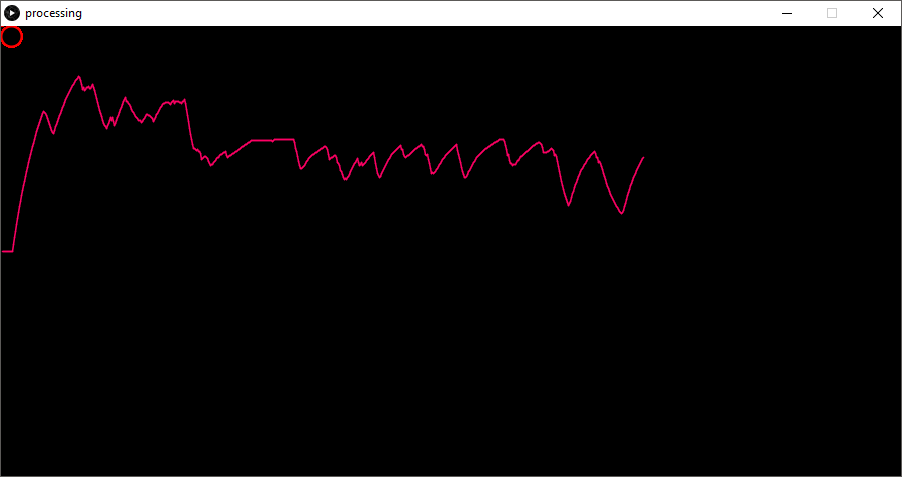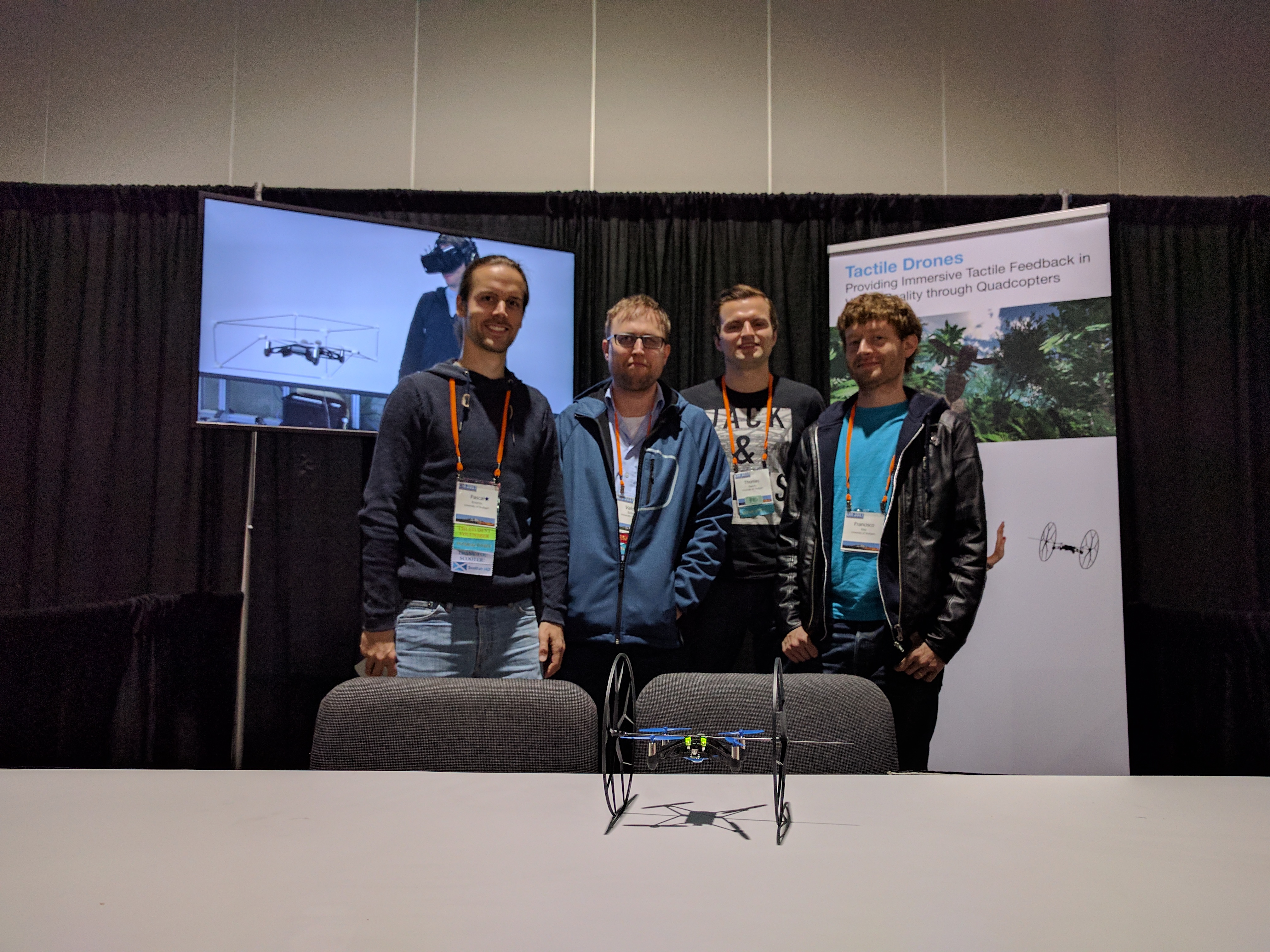Supposed enhancements through the presence of Artificial Intelligence (AI) can increase user expectations towards self-perceived interaction efficiency. User expectations are a prerequisite for placebo effects that can undermine the validity of human-AI evaluations and individual risk-taking behavior. We evaluated this hypothesis in two user studies. To confirm changes in user […]
Imagine it’s a rainy morning, and you are spending your time in a traffic jam on Autobahn 8 near Stuttgart. The whole working week is only about to start, with many appointments scheduled back-to-back. You’re already late for your first appointment with your manager’s manager. How do you think this […]
Virtual conferences became a prominent platform for academic exchange during the COVID-19 pandemic. Most of them utilized traditional video conferencing tools, such as Zoom, to stream paper presentations, posters, and demos with subsequent Q&A sessions. While virtual conferences helped us to maintain the scientific exchange between our colleagues, the interaction […]
Context: I was part of the outstanding Augmented Humans International Conference (AHs) committee. While we planned to run a physical conference in Kaiserslautern, Germany, we decided to run the conference virtually due to concerns regarding the spread of COVID-19. This required to readjust the logistics, for both the conference organizers […]
We are happy to announce that we will present two papers and two posters at this year’s CHI in Honolulu. We are looking forward to meet and discuss the research results with the HCI community. I’m looking forward to see many familiar faces again :). Read on if you are […]
We are happy to announce that our drone routine programming framework DronOS was published at the 18th international conference on mobile and ubiquitous media (MUM). Since we started our work in the domain of human-drone interaction, only few customizable drones were available. This required to either modify the controller of drones […]
Recently, I have looked into how to measure electrodermal activity (EDA) using an Arduino board. A traditional theory of EDA states, that it varies with the skin changes of sweat glands, thus altering the electrical resistance. EDA is modulated as outcome of cognitive processes, emotions, and general human behavior. The […]
The IoT (Internet of Things) conference was held in Linz (Austria) this year. Mario Aehnelt (Fraunhofer IGD Rostock, Germany), Sebastian Büttner (Institute Industrial IT/SmartFactoryOWL, Germany), Markus Funk (TU Darmstadt), and I organized a workshop to discuss HCI topics within the area of IoT. What does IoT exactly mean, how we will interact with smart devices […]
The Stuttgart hciLab and the Munich HCI groups (LMU) met this week at the Solsteinhaus for an interdisciplinary doctoral colloquium. This included the presentation of various PhD topics, including virtual reality, eye tracking, affective computing, physiological sensing, or persuasive systems. This was rounded off with leisure activities, such as hiking and zip-lining. Overall, the colloquium […]
Two weeks ago, the conference CHI’17 has ended which was located in Denver this year. Besides of attending interesting talks and meeting inspiring people, we had the opportunity to present our project “Tactile Drones” at CHI. Tactile drones are small levitating tangibles, which deliver tactile feedback in VR [1]. This happens whether by […]

